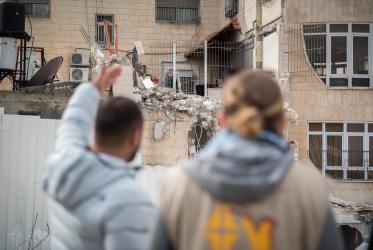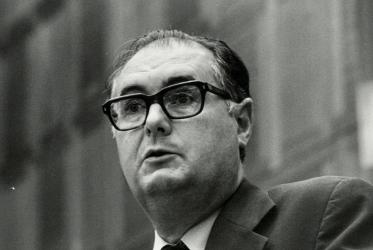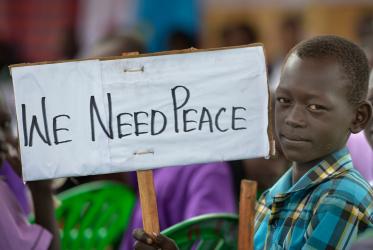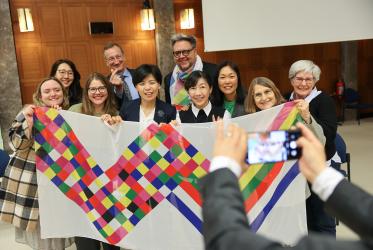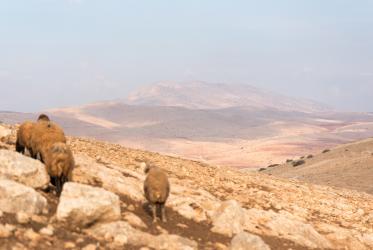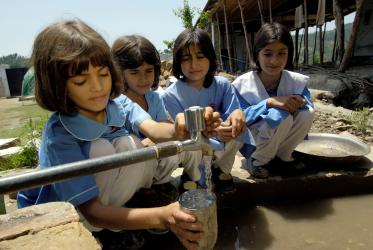Displaying 121 - 140 of 1639
WCC mourns the death of Julio de Santa Ana
20 April 2023
WCC offers input to the UN New Agenda for Peace
13 April 2023
UN water summit: how we can make a difference
20 March 2023
“Faith Community is a Blue Community” - WCC official side event at the UN Water Conference
22 March 2023
UN Church Center, 777 United Nations Plaza, New York and online via Zoom
